
Rabbits are one of the well-loved and preferred pets of both adults and children because they are adorable and cute. However, it is not that easy to care and to keep rabbits at home because apart from providing them quality shelter, you need to ensure they are healthy always.
Their well-being and health are vital because they are sensitive and delicate pets. They are prone to illness and they have the tendency to hide their diseases and illnesses as well. As a responsible pet owner, it is your duty to monitor and to observe them regularly to ensure they are happy and healthy. Be observant and know what they drink, eat, their activities, their habits and their favorite foods, because once you notice changes on their routine, you can conclude that there is something wrong or your pet is feeling something bad inside. If you are observant enough, you can detect any potential medical problems and once you notice any signs of diseases and illnesses during its early stage, bring your pets to the veterinarian to have a cure. It is also best to bring them to the veterinarian regularly for check-ups. If you observe something unusual and you are doubtful about it, do not hesitate to ask your veterinarian. Remember that your quick and immediate action can save the lives of your rabbits.
Here are some things that should be regularly checked to assess any signs of illnesses or diseases:
1. Teeth and mouth - Be sure to check their mouths and teeth to verify if their teeth are growing straight and not overgrown. You should also check if their teeth are not loose, broken or discolored. Check if your rabbit is not drooling or salivating, otherwise bring them to the veterinarian immediately. Check their gums and assess if its color is healthy pink.
2. Skin - Check for any signs of fleas, flakes and lumps under their skin. If you notice signs of lumps, flaking and fleas, bring them to the veterinarian to immediately address the problem.
3. Fur - Check their fur and ensure that their coats are clean, healthy and well-groomed.
4. Ears - Check for any signs of wax and flakes build-up and bad odors inside their ears. If so, bring your rabbits to the veterinarian for immediate medical attention.
5. Eyes - Check for any discharges from their eyes. Lift their eyelids and assess if their lids are pink in color. Once you notice any swelling, redness and discoloration in their eyes, bring them immediately to your veterinarian.
6. Nose - Be sure that their nose are dry and clean. Assess for any signs of discoloration on the outside of their nose.
7. Nails - Be sure that their nails are straight, intact and no signs of abrasions or sores. If they are already too long, cut them using high quality nail clipper. Ensure that your rabbits' nails are not very long as they may bleed, tear off and become infected.
8. Legs - Assess for any signs of limping and weakness on their legs. Check if they sit, run and hop on their back legs and make sure that they can balance their body.
9. Droppings - Ensure that their wastes are small. Malformed droppings are signs of possible health problems.
10. Urine - If your pets abruptly urinate outside the box, they may have trouble in peeing, thus you need to contact your veterinarian immediately. If you notice flakes or red pots on their urine, have them checked by your veterinarian ASAP.
These basic and routine check-ups will help you in ensuring that your rabbits are healthy always.
David Neil Warren enjoys writing for The Rabbit Hutch Shop which sells rabbit hutch and rabbit hutches as well as a host of additional products.
David Neil Warren enjoys writing for The Rabbit Hutch Shop which sells rabbit hutch and rabbit hutches as well as a host of additional products. http://www.the-rabbit-hutch-shop.com/rabbit-hutches.html http://www.the-rabbit-hutch-shop.com/rabbit-hutches.html
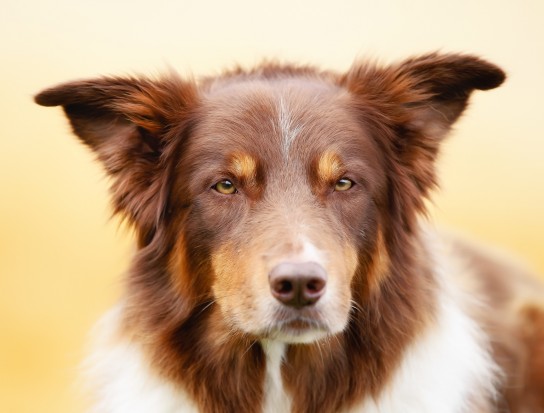 What Is A High Drive Dog?
What Is A High Dr
What Is A High Drive Dog?
What Is A High Dr
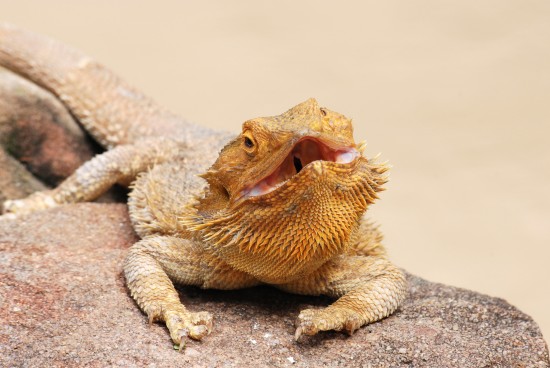 Bearded Dragon Health And Diseases
Bearded Dragon He
Bearded Dragon Health And Diseases
Bearded Dragon He
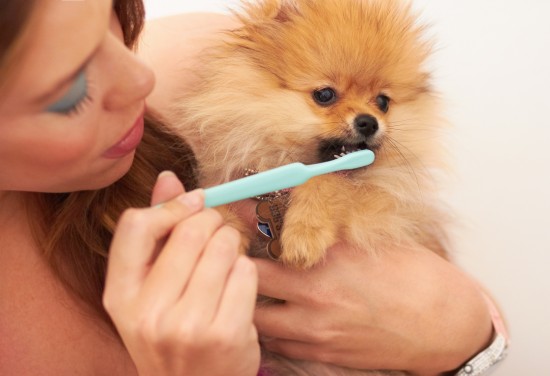 Improving Your Dog’s Dental Health For Life
Improving Your Do
Improving Your Dog’s Dental Health For Life
Improving Your Do
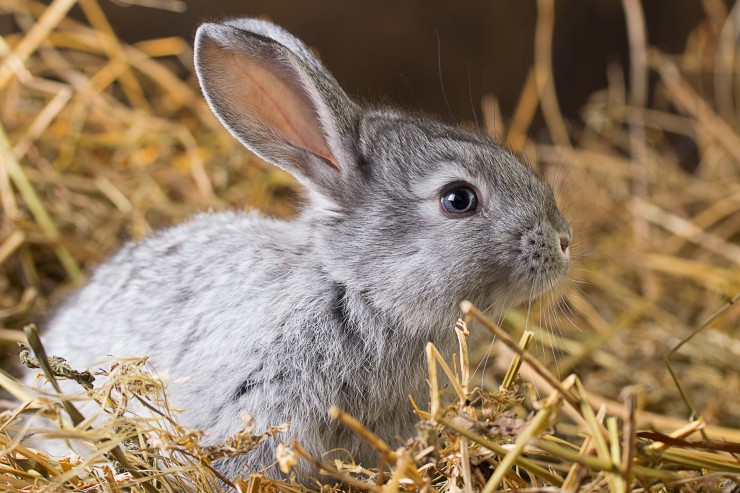 How To Feed Your Rabbit A Natural Diet
How To Feed Your
How To Feed Your Rabbit A Natural Diet
How To Feed Your
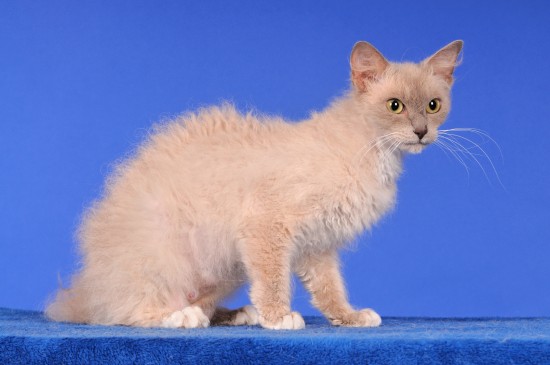 All About Laperm Cats In The Uk, And What Is Required For Pedigree Registration
All About Laperm
All About Laperm Cats In The Uk, And What Is Required For Pedigree Registration
All About Laperm
Copyright © 2005-2016 Pet Information All Rights Reserved
Contact us: www162date@outlook.com